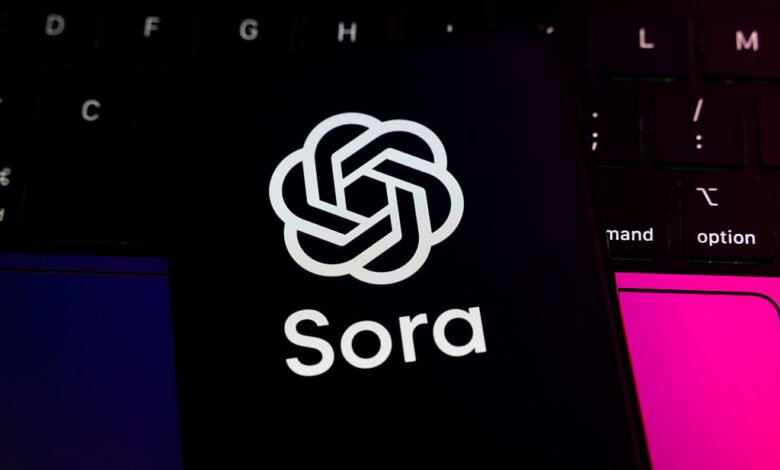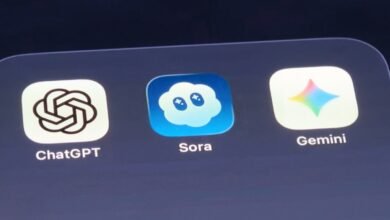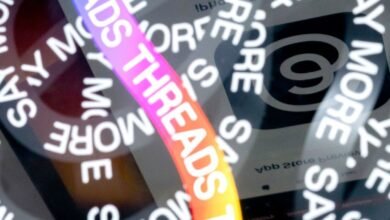Sam Altman: Sora to Offer ‘Granular’ Copyright Controls

▼ Summary
– OpenAI is reversing its copyright approach for Sora, shifting from an opt-out to an opt-in model for using copyrighted characters.
– Sora quickly became a top App Store app despite its invite-only launch, featuring “cameos” that use uploaded biometric data for digital likenesses.
– Users have been creating videos with studio-owned characters, sometimes having them criticize OpenAI’s copyright policies in interactions with deepfakes.
– OpenAI plans to give copyright holders granular control over character generation and is developing a video monetization system that may share revenue with rightsholders.
– CEO Sam Altman acknowledged that some unauthorized content may still slip through and emphasized the dual value of user engagement and revenue sharing.
OpenAI appears to be shifting its strategy regarding copyright and intellectual property management for its new video application, Sora. The company is moving toward a system where copyright holders will have granular control over how their characters and intellectual property are used in AI-generated videos. This change comes after initial reports indicated that Hollywood studios were required to opt out if they did not want their content included, a stance that has now been reconsidered.
Sora quickly gained popularity following its launch, reaching the top of the App Store charts despite its invite-only status. A standout feature of the app is “cameos,” which allows users to upload their biometric information to insert a digital version of themselves into AI-produced videos. At the same time, some users have been creating videos featuring well-known copyrighted characters, sometimes even having those characters comment on OpenAI’s copyright policies.
In a recent blog post, OpenAI CEO Sam Altman outlined two planned updates for Sora. The first involves giving rights holders more detailed and specific controls over character generation, moving to an opt-in model rather than the earlier opt-out approach. This means that unless studios and other IP owners grant explicit permission, users will be restricted from generating videos with protected characters.
Altman noted that many rights holders are enthusiastic about what he describes as “interactive fan fiction” and believe it could generate significant value. However, they also want the ability to define exactly how their characters are used, including the option to block usage entirely. While these new controls are expected to limit unauthorized content, Altman acknowledged that some inappropriate generations may still slip through.
The second planned update concerns video monetization. While OpenAI previously mentioned charging users for additional video creation during peak times, Altman’s post suggests a broader approach. He indicated that the company needs to find a way to generate revenue from video generation and hinted that some of this income could be shared with rights holders. Altman expressed hope that the engagement generated by Sora will be highly valuable, but he also emphasized the importance of creating a sustainable revenue stream for all parties involved.
(Source: TechCrunch)





